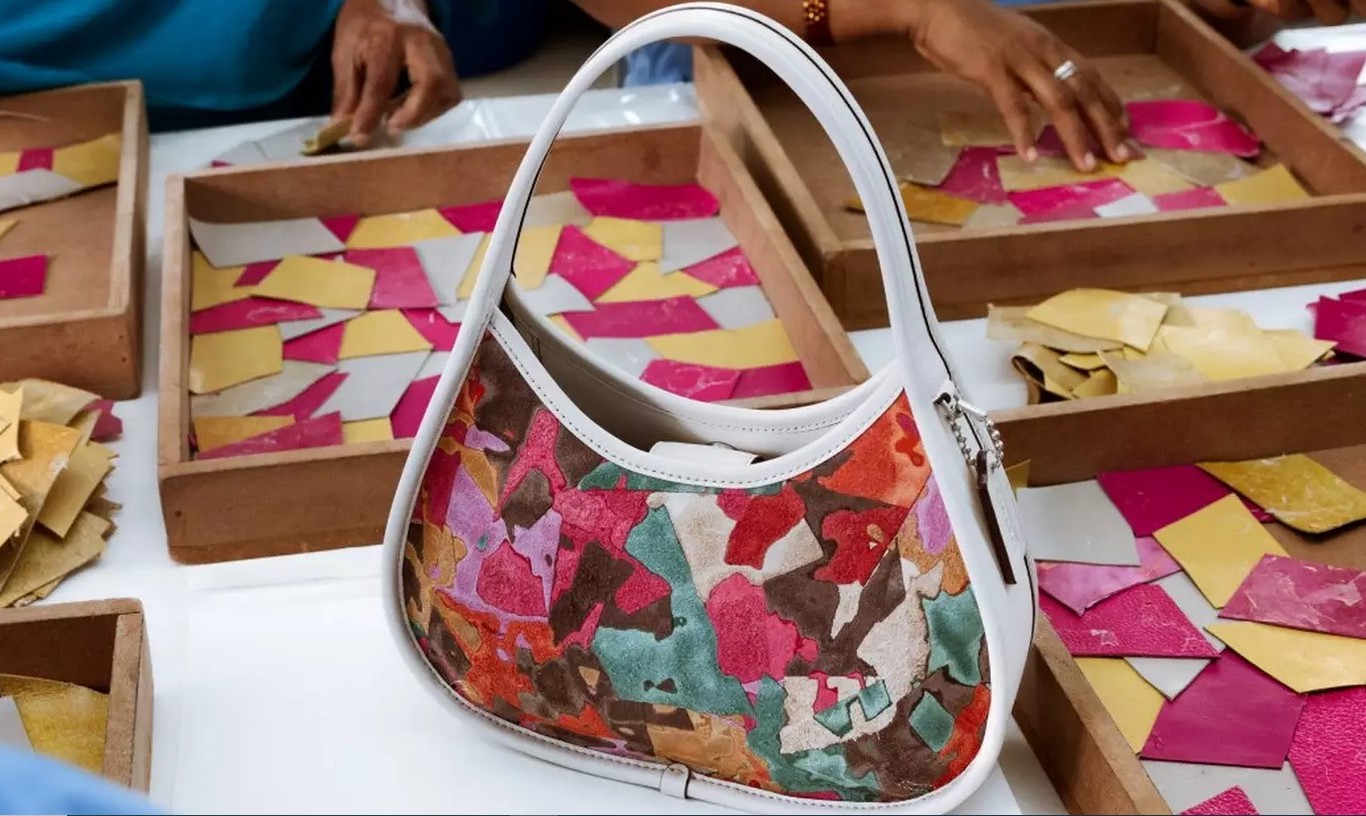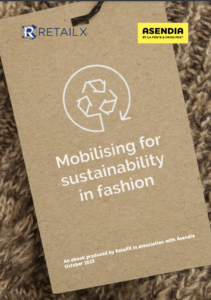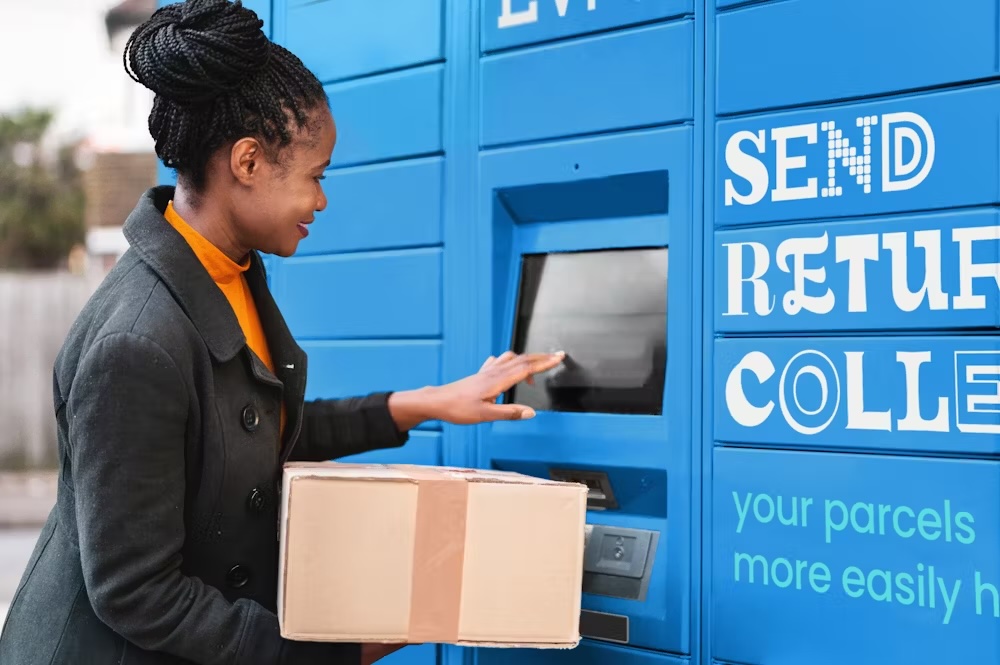The fashion industry is rapidly changing. Retailers are measuring, testing, learning and listening to their consumers and other stakeholders as new models for retail emerge, according to RetailX research detailed in a new ebook.
Mobilising for sustainability in fashion, published in association with Asendia, found 17% of fashion retailers in the RetailX Global Elite Top1000 offer a recycling scheme for at least some of the products they sell. While, 2% of the Top250 retailers offer a product rental service. It is estimated that rental and resale will account for nearly one quarter (23%) of the global fashion market by 2030.
The research also discovered that retailers are looking to showcase any progress they are making towards cleaner fashion practices. Some 19% of fashion retailers within the Top1000 share their sustainability plans with consumers, including how they will achieve their stated sustainability goals.
While, 17% of these fashion retailers share details of their product recycling schemes, and 22% of fashion retailers publish their codes of conduct or supplier manuals. Additionally, 7% publish details of their suppliers and manufacturers.
“The fashion industry is forging ahead with sustainability ambitions and a focus to be net zero by 2050. Managing sustainability with business growth and innovation with day-to-day trading are inspiring a range of industries to redefine their priorities,” said Simon Batt, CEO, Asendia.
“Asendia, following in the footsteps of its founders, has set a strong precedent in the journey towards sustainability, and we are proudly continuing that heritage within the global ecommerce industry.
“Sustainability requires ambitious targets to bring about change at scale. Therefore, Asendia is reinforcing its commitment to sustainability by joining the Science Based Targets initiative process to set and monitor measurable targets to reduce carbon emissions, including those caused by its transport suppliers, by the end of 2026.”
Furthermore, the ebook highlighted that the sustainability efforts of retailers, and their partners, has been driven in part by consumer demand. It found more than 50% of consumers want retailers to have fair workplace practices, half want retailers to be ecologically sustainable and 49% are willing to pay extra for products that are produced and transported in a way that doesn’t harm the environment.
This ebook is the first in a series of sustainability RetailX reports, sharing insight into the fashion sector’s transformation journey. This is a sector that has its own challenges which also mirror factors that are common to all retailers. As a sector, it has mobilised to effect change, with brands and retailers collaborating with suppliers, innovators, and competitors to become a force for good.
Download this ebook, in association with Asendia, which explores how retailers are devising strategies on how to redesign waste and rethinking the product lifecycle.










